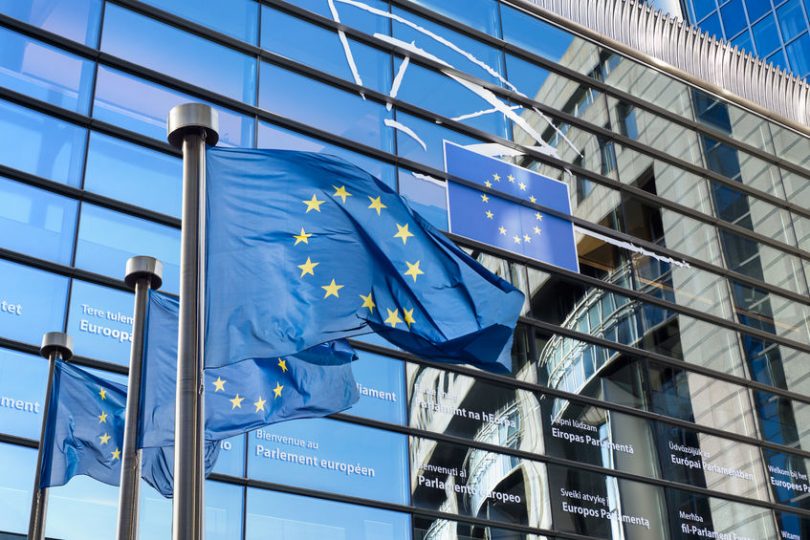On Tuesday the European Commission (EC) convened a blockchain forum in Brussels to connect with the private sector. The purpose of the roundtable was to gain support from industry leaders and policymakers for a “comprehensive EU strategy to boost innovation and exploitation of blockchain technology”.
The Commission is keen to work with the private sector to address regulatory obstacles and reduce legal uncertainty. Plus it wants to lead international standardization efforts and accelerate research and innovation.
Spanish banks BBVA and Santander attended the event. According to a statement, Carlos Kuchkovsky Head of Research & Development New Digital Business at BBVA emphasized that blockchain isn’t just a technology. There needs to be an appreciation of the potential for new business models empowered by a tokenized economy, “paving the way to a decentralized economy in the future.”
The EC is putting together a publicly promoted initiative to bring together companies across industries. The ‘International Association for Trusted Blockchain Applications’ (IATBA) will be headquartered in Europe and plans to launch in Q1 2019.
The aim is to explore the potential for blockchain and distributed ledger technologies at a global level. BBVA and Santander are two of five banks included so far. The EC said the initiative “will be open to any organisation willing to work on the deployment of blockchain and distributed ledger technologies to transform digital services.”
The role of the body will be to promote interoperability, develop sector-specific guidelines and protocols, promote EU standards, and work towards regulatory convergence to support the exploitation of blockchain technologies.
In April the EC set up another body purely focused on the government sector. The European Blockchain Partnership (EBP) aims to create blockchain infrastructure to deliver cross-border digital public services. So far 26 members states and Norway have joined. The IATBA will work closely with the member states in the EBP.
At the time Mariya Gabriel, Commissioner for Digital Economy and Society, commented: “In the future, all public services will use blockchain technology. Blockchain is a great opportunity for Europe and Member States to rethink their information systems, to promote user trust and the protection of personal data, to help create new business opportunities and to establish new areas of leadership, benefiting citizens, public services and companies.”
Last month the The European Union Blockchain Observatory & Forum published a report about blockchain and GDPR.






